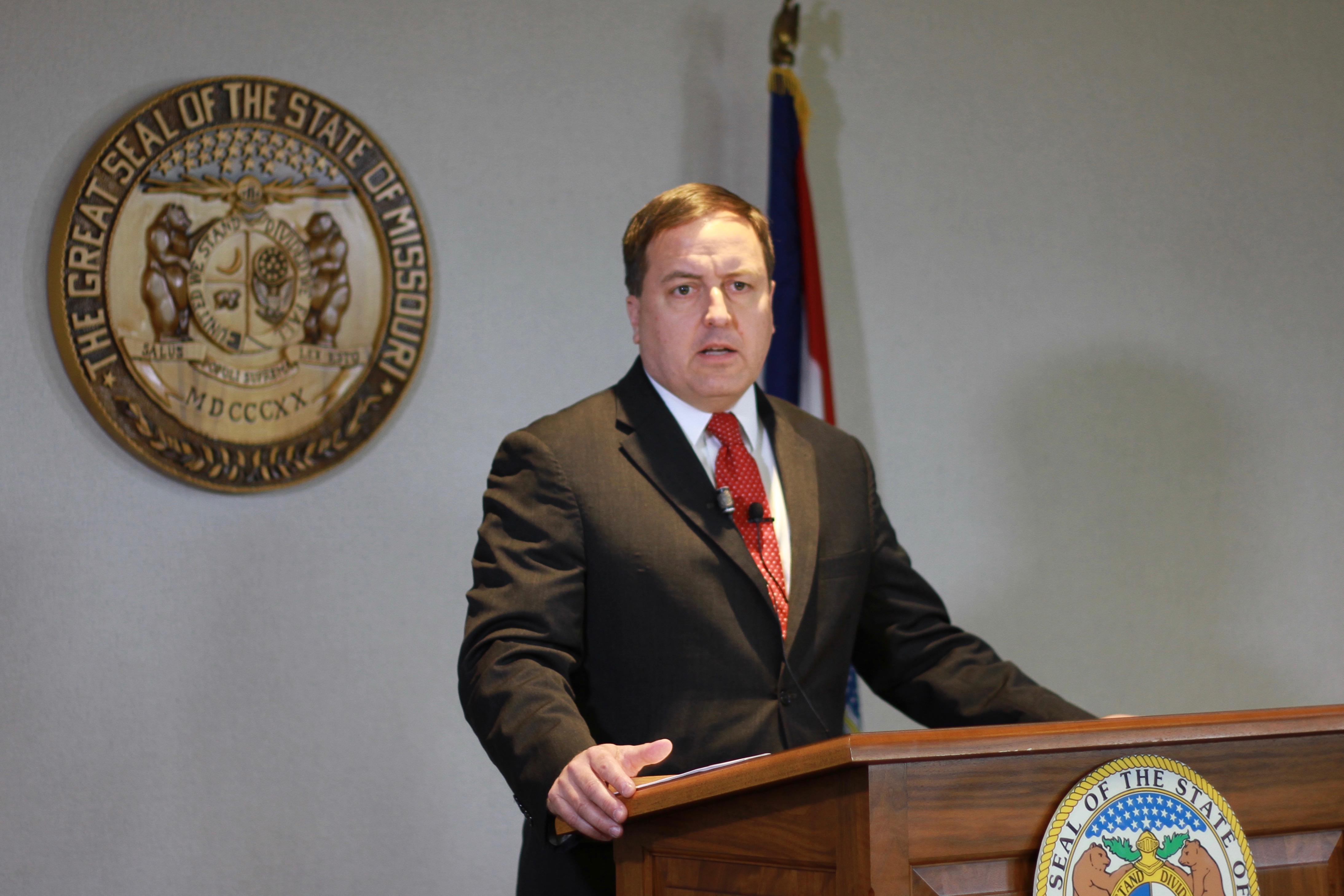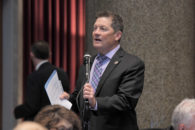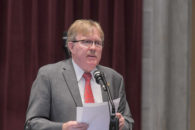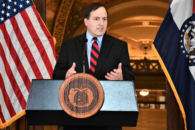JEFFERSON CITY, Mo. — Secretary of State Jay Ashcroft touted an overhaul of Missouri’s initiative petition process before a Senate committee Wednesday afternoon, testifying that he wants it to be less cumbersome for taxpayers.
Sitting before the Senate Committee on Local Government and Elections, state Sen. David Sater said his SB 522 — would “make much-needed updates and changes to the initiative petition process.”
Among other things, Sater’s bill:
- Requires text of proposed measures to be in 12-point Times New Roman font with one-inch margins
- Establishes a fee of $500 per petition, along with an additional $25 per page after a petition exceeds 10 pages, with the option for a refund if the measure becomes certified for the ballot
- Enacts a 12-week period after general elections when initiative sheets cannot be filed
- Mandates each sample ballot include the question: “Shall the measure summarized be approved?” with “yes” and “no” options
- Sets the total number of words a petition’s summary statement can include at no more than 150
“Currently there are no standards … or structure of the signature pages for the initiative petitions for the county clerks so they don’t know what they’re getting sometimes,” Sater, a Republican, told the seven-member committee on which he also sits. “This would allow the secretary of state to issue best practices in this process.
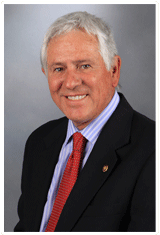
Ashcroft, who has served as Missouri’s secretary of state since 2017, said the filing fee would be a way to deter people from submitting “frivolous” petitions, not to be meant as a “revenue stream” for the state.
“We’re trying to make sure that this process is more efficient and that it is cheaper for the taxpayers, but at the same point, it doesn’t really create a burden for people who truly want to make a change,” Ashcroft said.
Aside from Ashcroft, SB 522 saw support from representatives for the Missouri Pork Association, Missouri Cattlemen’s Association, Missouri Corn Growers Association, and Missouri Soybean Association.
Several other groups, such as the ACLU of Missouri and Missouri Coalition for the Environment, testified in opposition to the bill — mostly taking a stance against the filing fee. A representative for United for Missouri said there were many things in Sater’s bill his organization supported but would like to see the “excessive” filing fee lowered and the 12-week ban following general elections removed.
Additionally, Sater presented his SJR 31 before the committee Wednesday. The joint resolution, if approved by voters, would require initiative petitions to be signed by 15 percent of all legal voters in each congressional district — up from the current requirement of 8 percent of legal voters in two-thirds of the congressional districts.
The resolution would also mandate constitutional amendments could take effect if approved by at least two-thirds of voters as opposed to a simple majority.
Ashcroft did not testify directly in favor or opposition to the resolution but instead thanked the Senate committee “for looking into the initiative petition process.”
“Our office believes that the constitution of the state should not be changed unless the people of Missouri broadly agree with that change,” Ashcroft said.
Members of the Senate Committee on Local Government and Elections include Sandy Crawford (chairwoman), David Sater, Dan Hegeman, Lincoln Hough, and Doug Libla. Sens. John Rizzo and Scott Sifton are the lone Democrats on the committee.
The Missouri Times is committed to bringing you periodic updates on the initiative petition process. Other stories in the series can be found here.

Kaitlyn Schallhorn was the editor in chief of The Missouri Times from 2020-2022. She joined the newspaper in early 2019 after working as a reporter for Fox News in New York City.
Throughout her career, Kaitlyn has covered political campaigns across the U.S., including the 2016 presidential election, and humanitarian aid efforts in Africa and the Middle East.
She is a native of Missouri who studied journalism at Winthrop University in South Carolina. She is also an alumna of the National Journalism Center in Washington, D.C.
Contact Kaitlyn at kaitlyn@themissouritimes.com.

